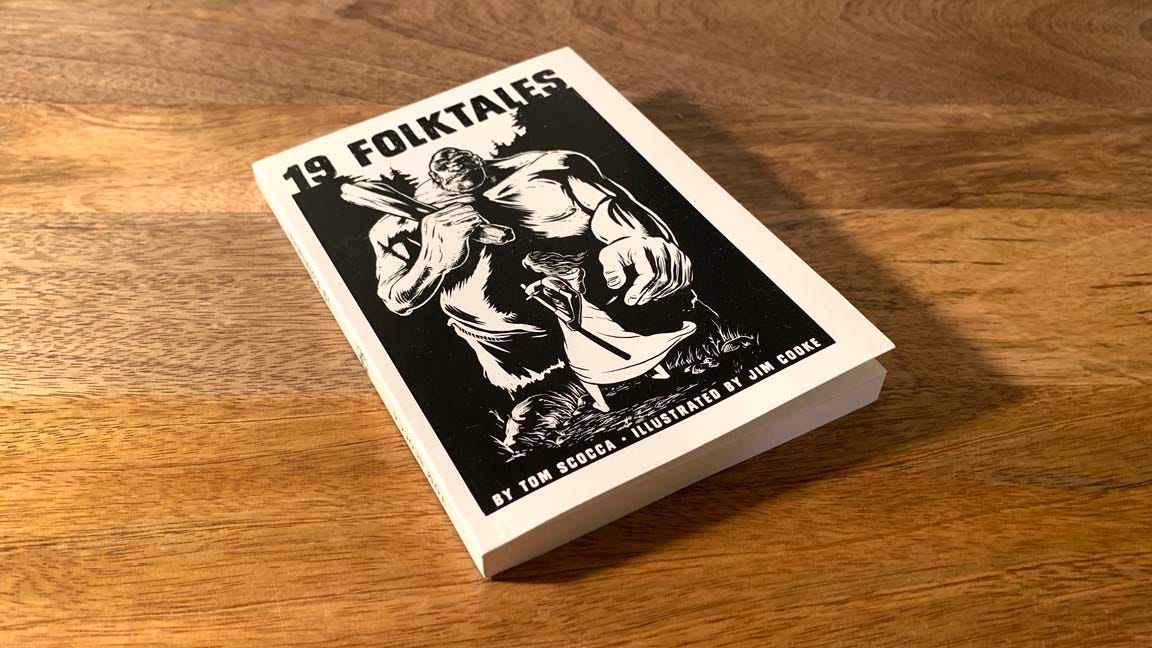ASK THE SOPHIST DEP'T.

Why Does Your Husband Talk Funny When He's Drinking?
Dear The Sophist:
WHAT DO YOU make of this letter that appeared in the "Bonus Advice From Judge John Hodgman" sidebar to the New York Times Magazine's The Ethicist column this past weekend? It seems impossible to answer without a lot more information!
Maggie writes: When ordering a Tsingtao, my husband uses what he considers the “correct” pronunciation. To me, it sounds as if he is mocking a Chinese accent. He often orders Mexican food in Spanish, which he speaks, and claims the Chinese is equivalent. I disagree.
Thank you,
An Actual Person Other Than The Sophist, Albeit One Very Near to Home
Dear Closely Corresponding:
The Sophist shares your bafflement at this letter. The advice-column industry usually runs on one person writing in to complain about another's foibles, while often enough revealing their own foibles in the process. But Maggie gave the reader almost nothing to work with, foibles-wise—beyond that she chose to write to a national newspaper to complain about a bizarrely narrow and particular habit of her husband's.
Maggie seemed to be trying to indicate that her husband is an embarrassing, ethnically insensitive tryhard, confusing and othering the wait staff in a misguided attempt at bonding. That was how Judge John Hodgman read the letter, granting that the behavior is "pretentious" and stating that "unless he’s fluent, winging an accent is a kind of lying."
Before we even get to the many, many essential follow-up questions about the Tsingtao situation, though, what of the scant other information Maggie provided? "He often orders Mexican food in Spanish, which he speaks," she wrote.
OK—? This was presented as a point of contrast with his beer-ordering behavior, in a sort of one-man Goofus and Gallant production, although Maggie didn't seem effusively in favor of the Spanish ordering, either. It was still a thing her husband chose to do, risking her approval or disapproval, which: Has Maggie ever read a Mexican restaurant menu? How does she order al pastor tacos versus carnitas? Just say "Pork taco?" and point to one?
In any restaurant, with any server, the goal in ordering is to get it done with as little confusion and awkwardness as possible. The question of whether an attempt to cross the language line is a good or bad idea is entirely contextual. For starters, for context: Where, and from whom, is her husband ordering this beer? From a newly immigrated waiter in a place with dishes listed in Sharpie on untranslated colored-paper signs tacked to the wall? From a high school student working a part-time job at a mass-market Chinese restaurant in a mall? From a bartender just trying to stay on top of a menu of dozens of Beers of the World?
Then: How is he pronouncing Tsingtao? Maggie thinks "it sounds as if he is mocking a Chinese accent," but what does Maggie know? Is he giving it the accurate tones—Qing1dao3—and pronouncing the Q like a CH-, or is he just winging it in a random singsong?

The Sophist does struggle to imagine the precise situation in which it would be meaningfully helpful to ask for a Qing1dao3. In most cases, the server would presumably just be trying to differentiate the sound of the order from "Budweiser" or "Heineken." Yet The Sophist is haunted by the specificity here. The husband is apparently not pronouncing "mabo tofu" with a P and a D, or ordering shrimp chao3mian4. It's just the beer and only the beer.
The mystery, which Maggie will never resolve by looking for a newspaper columnist to scold her husband, is why he's decided to do this one thing. Unless the husband has some pathological trouble-seeking personality type (and ordering Mexican food in Spanish does not clear the diagnostic bar here), it seems unlikely that he's trying to be an oaf or a weirdo. He's saying whatever he's saying, instead of saying "Tsingtao," because he clearly believes it's less embarrassing that way.
And honestly, he's onto something. It's true, as Hodgman alluded to in answering the question, that the brewery was founded by German and British investors, which would in some sense make "Tsingtao" its "authentic" name. But "Tsingtao" is an archaic colonialist transliteration of the name Qingdao, from the same process that gave us "Chiang Kai-shek" and "Peking." Once you've learned to speak even a little Mandarin, using contemporary Pinyin transliteration, these leftover spellings become phonetically indigestible—trying to pronounce them feels, in fact, as if you're putting on a made-up Chinese accent.
Maggie's husband has, by all appearances, not learned any Mandarin at all, only this Mandarin-esque shibboleth. Nevertheless, he got it from somewhere. Maybe one time he went back and forth with a server, asking for a "Tzing-touw," until the server said, "Aha, Qingdao" and brought him the right beer. Maybe he overheard a Chinese friend or colleague ordering one. Maybe he watched some horrible pedantic YouTube video called "Five Brands You're SAYING WRONG." The only way to know if his motives are good or bad, sensible or dumb, would be to talk to him. Maggie should try that.
Gan1 bei1!
The Sophist
WEATHER REVIEWS
New York City, September 17, 2023
★★★★ Perfect sleeping air became perfect waking air, cool and enlivening through the screens. Birds cheeped and twittered clearly but too softly for the birdsong app to notice. A robin fluffed its breast till the orange eclipsed the rest of its body. The sky lost its blue little by little, and the light got thinner. Over the basketball court, the clouds had gathered into an almost unbroken lumpy gray. A helicopter, or multiple helicopters in turn, cruised slowly and very high up, crisscrossing the dimming sky. Inland wood oats drooped and swayed behind the chain-link fence. A big boy did laps on a small bicycle, accompanied by a grinding noise that sounded like a laboring engine but which rose from a crushed plastic water bottle wedged in the fork of the rear wheel, rubbing on the tire. The eleven-year-old bounced his ball home, and a stranger called out for him to keep the dribble waist-high, repeating it till he complied. After dark, the clouds delivered the rain they'd been promising, pattering outside the still-open windows.
MARKETING DEP'T.
19 FOLKTALES collects a series of timeless tales of canny animals, foolish people, monsters, magic, ambition, adventure, glory, failure, inexorable death, and ripe fruits and vegetables. Written by Tom Scocca and richly illustrated by Jim Cooke, these fables stand at the crossroads of wisdom and absurdity.
HMM WEEKLY MINI-ZINE, Subject: GAME SHOW, Joe MacLeod’s account of his Total Experience of a Journey Into Television, expanded from the original published account found here at Hmm Daily. The special MINI ZINE features other viewpoints related to an appearance on, at, and inside the teevee game show Who Wants to Be A Millionaire. Your $20 plus shipping and tax helps fund The Brick House collective, a Publishing Concern featuring a globally diverse set of publishers doing their own thing, with interesting items and publications available for purchase at SHOPULA.
Thanks for reading INDIGNITY, a general-interest publication for a discerning and self-selected audience. We depend on your support!








